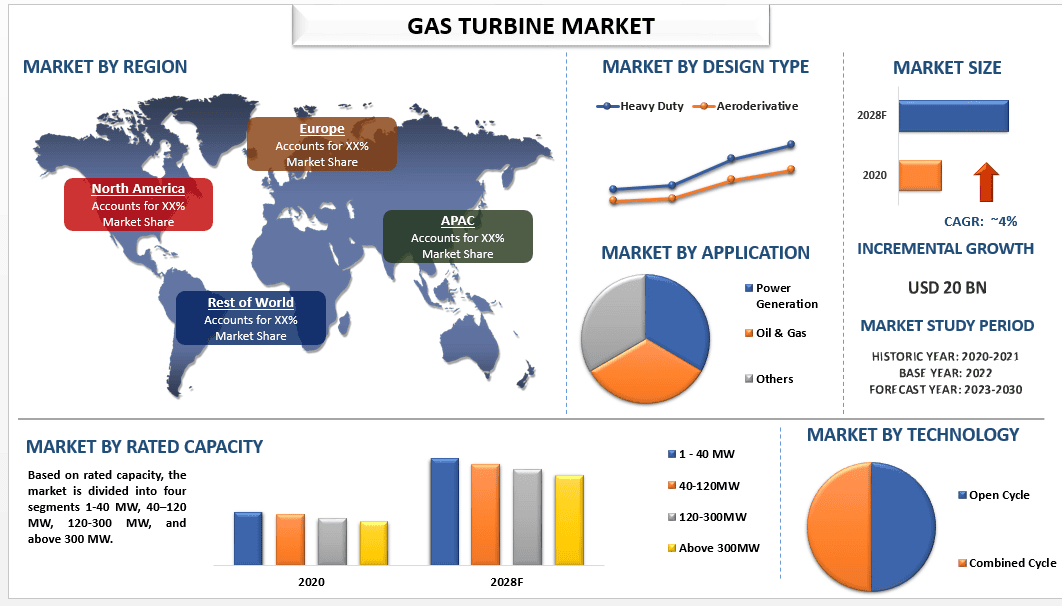Virtual CFOs and the Modern Business Landscape

As your business grows, so does the complexity of your finances. Whether you're managing investor expectations, optimizing cash flow, or planning for expansion, you’ll need strategic financial leadership. That’s where a Chief Financial Officer (CFO) comes in.
But today, businesses have more options than ever — especially with the rise of Virtual CFO (vCFO) services. So, how do you decide between hiring a full-time CFO or working with a virtual CFO?
In this article, we’ll break down the differences, benefits, and limitations of both options to help you decide what’s right for your business.
more details insides : https://taxkitab.com/virtual-cfo-services/
💼 What Is a CFO?
A Chief Financial Officer is a senior executive responsible for:
-
Financial strategy and planning
-
Cash flow management
-
Budgeting and forecasting
-
Financial reporting and compliance
-
Managing risk and investment strategy
-
Supporting fundraising, M&A, and board reporting
In essence, the CFO is the financial co-pilot of your business, helping drive sustainable growth and profitability.
🌐 What Is a Virtual CFO (vCFO)?
A Virtual CFO provides the same high-level financial strategy and guidance — but works remotely and typically on a part-time or contract basis.
vCFOs often support:
-
Startups and SMEs without the budget for a full-time CFO
-
Businesses in transition or undergoing rapid growth
-
Companies seeking flexible, on-demand financial leadership
Virtual CFOs may work independently or through outsourced accounting firms.
📊 Key Differences: Virtual CFO vs Full-Time CFO
| Feature | Full-Time CFO | Virtual CFO |
|---|---|---|
| Employment | Permanent, in-house | Contract-based, remote |
| Cost | High salary + benefits | Lower cost, flexible pricing |
| Availability | Full-time, daily presence | Part-time, as needed |
| Expertise | Deep knowledge of your company | Broad experience across industries |
| Scalability | Fixed overhead | Easy to scale up or down |
| Ideal For | Mid to large companies | Startups, SMEs, growing businesses |
✅ When a Virtual CFO Makes Sense
1. You're a Startup or SME Without a Finance Team
If you're not ready to build an in-house finance department, a virtual CFO provides affordable access to strategic guidance without long-term commitments.
2. You Need Financial Strategy But Not Full-Time Hours
If your business requires help with forecasting, planning, or reporting — but not daily oversight — a vCFO offers on-demand expertise.
3. You're Scaling Fast and Need Flexible Support
vCFOs are ideal during high-growth phases, fundraising, or market expansion, where you need advanced planning and financial modeling but want to stay lean.
4. You Want Access to Broader Expertise
Many vCFOs work with multiple clients across industries and bring insights, benchmarks, and best practices that in-house staff may lack.
💡 Cost Estimate: Virtual CFOs typically charge monthly retainers or hourly rates, often ranging from £1,000 to £5,000 per month — much less than a full-time CFO salary.
🧭 When a Full-Time CFO Is the Better Choice
1. Your Business Is Large and Financially Complex
If you have multiple revenue streams, international operations, or regulatory requirements, a full-time CFO offers deeper integration and day-to-day leadership.
2. You Need Direct Oversight of a Finance Team
For companies with in-house accounting, FP&A, and compliance teams, a full-time CFO provides consistent direction and operational accountability.
3. You’re Preparing for IPO or M&A
These high-stakes financial events require deep involvement, long-term planning, and stakeholder management that may go beyond what a virtual CFO can offer.
4. You Require a Dedicated Executive Presence
A full-time CFO is embedded in your executive team, contributing to broader strategic decisions, culture, and board relationships.
💷 Cost Estimate: Full-time CFOs in the UK typically earn between £80,000 to £150,000+ annually, plus benefits, bonuses, and equity in some cases.
🚀 Hybrid Model: The Best of Both Worlds?
Some businesses opt for a hybrid approach:
-
Start with a virtual CFO for early-stage strategy
-
Transition to a full-time CFO as the company scales
-
Use virtual CFOs for special projects (e.g., fundraising, audits, systems implementation)
This flexible model allows you to get what you need — when you need it — without overextending your budget.
🔍 Questions to Ask Before You Decide
-
Do we need full-time financial leadership or part-time expertise?
-
Can we afford the salary and overhead of a full-time CFO?
-
Are we facing specific challenges like fundraising, cash flow issues, or rapid growth?
-
Do we have existing finance staff that need leadership or mentorship?
-
What level of strategic financial planning is required at this stage?
Your answers will help determine whether you need a CFO at all — and if so, what type.
🧾 Final Thoughts: Choose the Right Fit for Right Now
There’s no one-size-fits-all answer. The best choice depends on:
-
Your current stage of growth
-
Your budget
-
The complexity of your finances
-
Your strategic goals
✅ Virtual CFOs offer flexibility, affordability, and strategic insight — perfect for small and growing businesses.
✅ Full-time CFOs provide leadership, structure, and in-depth financial control — ideal for mature or complex organizations.








